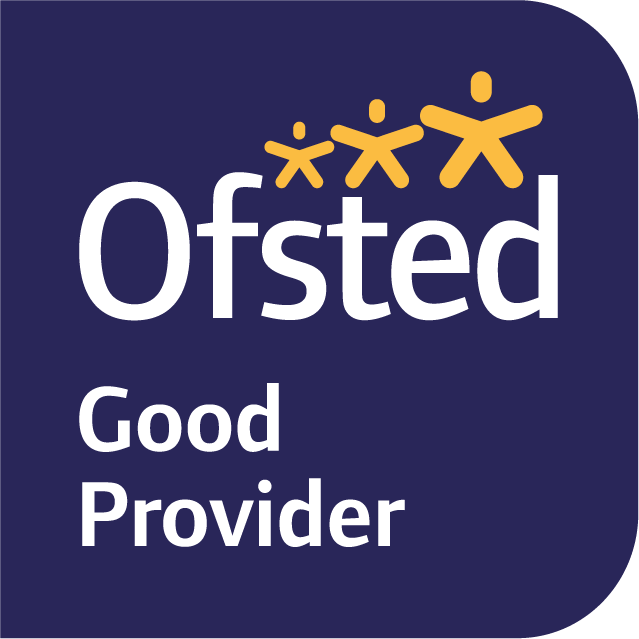French Curriculum
Intent, Implementation, and Impact
Modern Foreign Languages Curriculum Statement
Our curriculum is joined and sequenced properly to ensure that our children avoid gaps in their learning. A globally relevant curriculum helps to facilitate children with a strong world view.
Intent
Learning a foreign language is a necessary part of being a member of a multi-cultural society and provides an opening to other cultures. The skills, knowledge and understanding gained through learning a language contribute to the development of children’s oracy and literacy and to their understanding of their own culture and those of others.
The national curriculum for languages aims to ensure that all pupils:
- understand and respond to spoken and written language from a variety of authentic sources
- speak with increasing confidence, fluency and spontaneity, finding ways of communicating what they want to say, including through discussion and asking questions, and continually improving the accuracy of their pronunciation and intonation
- can write at varying length, for different purposes and audiences, using the variety of grammatical structures that they have learnt
- discover and develop an appreciation of a range of writing in the language studied.
At St. John’s RC Primary School, we feel that the earlier a child is exposed to a foreign language, the faster the language in question is acquired. We believe that the early acquisition of French will facilitate the learning of other foreign languages later in life.
Implementation
At St. John’s, we teach weekly French lessons across Key Stage 2. The school uses the "Language Angels" scheme of work to support the teaching and learning of French. This provides clear progression for the development of speaking and listening and vocabulary acquisition. There are resources to support the teaching and learning opportunities for pupils.
They use a variety of the following techniques to encourage children to have an active engagement with French:
- Games – in order to develop vocabulary through repetition, reading, writing, speaking and listening skills.
- Role-play – these should relate to the situations the children may find themselves in the future.
- Action songs and rhymes – to develop phonetic skills, memory skills and to further vocabulary.
- Reading and writing quality materials.
- We build children’s confidence through praise for any contribution they make in the foreign language, however tentative.
We base the teaching of the 2014 National Curriculum through Language Angels, and this provides teachers with clear progression grids and content for teaching and learning.
Impact
Through the high quality first teaching of French taking place we will see the impact of the subject in the following ways:
- Children will become aware that a language has a structure, and that the structure differs from one language to another
- Children will develop their language and communication through development of the four key skills of speaking, listening, reading and writing
- Children will enrich their language learning by developing an understanding of the French culture



